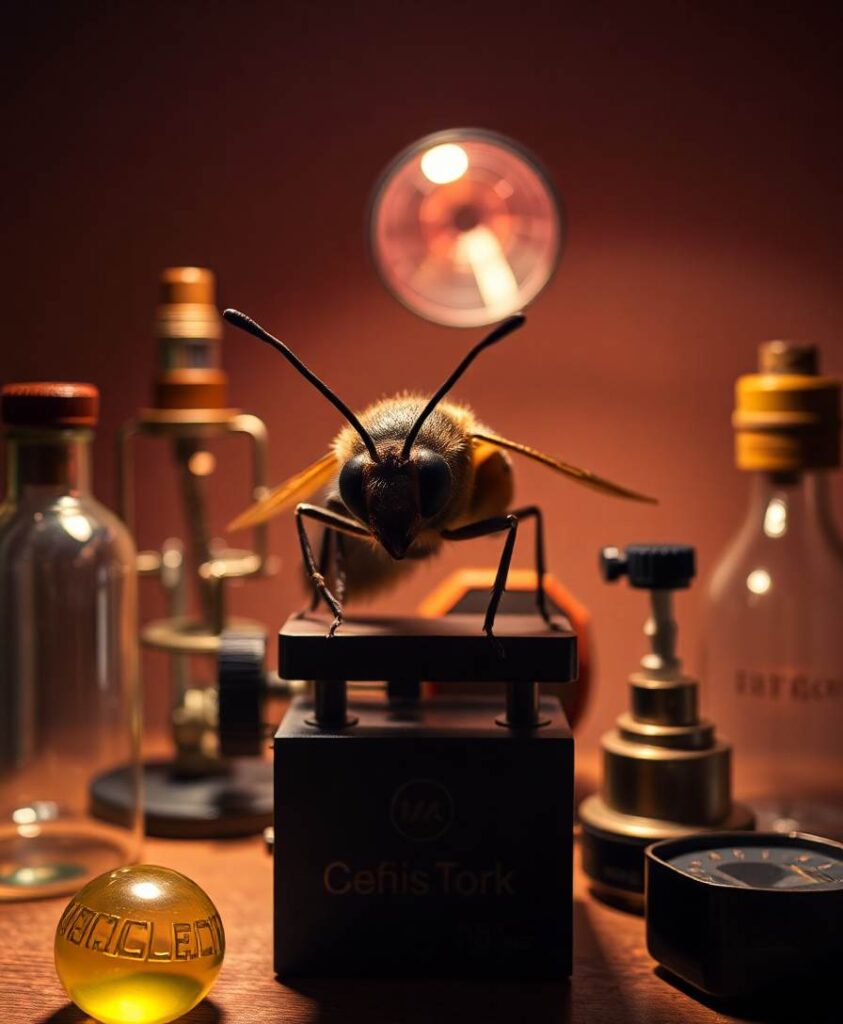Imagine sitting in a quiet lecture hall, the hum of anticipation in the air. Now, picture a scientist stepping up to the podium, not just with charts and data, but with a genuine smile and a well-placed joke that makes everyone laugh. That moment of shared humor isn’t just a fleeting break from seriousness—it’s a bridge that connects us to the person behind the science.
As someone who deeply values understanding and authentic connection, I’ve noticed how a simple touch of humor can transform the way we perceive those who share complex ideas. It’s easy to think of scientists as distant and purely logical figures, but recent research suggests that humans respond more positively when they see a bit of personality, even in professional settings.
The study highlights that when researchers incorporate humor into their online communication—whether through social media posts, videos, or articles—they become more relatable and trustworthy. It’s a subtle reminder that behind every graph or experiment is a person with a sense of humor, quirks, and genuine intention. When we see this in scientific communication, it encourages us to trust that the scientist cares about connecting with us, not just presenting facts.
Why does humor work so powerfully in building trust? It taps into our natural social instincts. When someone shares a lighthearted moment, it lowers barriers, making us feel more comfortable. It signals that they’re approachable, human, and open. In a world where science can sometimes feel abstract or intimidating, a well-placed joke or funny anecdote can humanize the message, making it more memorable and credible.
For those of us who consume scientific information online or through social media, this is a game-changer. We’re often overwhelmed with dense reports and complex terminology. When a scientist uses humor effectively, it can cut through the noise, making their message resonate on a personal level. It’s not about turning science into comedy but about recognizing that trust is built through authenticity and relatability.
If you’re a researcher or science communicator eager to foster more genuine connections, consider how you might incorporate authentic humor into your digital presence. Think about sharing a funny behind-the-scenes moment, a lighthearted comment about a research hurdle, or a playful analogy to explain a complex concept. These small touches make the science more approachable and invite engagement.

But it’s essential to remember that humor should be used thoughtfully. It needs to be genuine, inclusive, and appropriate for the audience. When done well, it’s a tool to foster trust and openness, encouraging dialogue rather than distancing or condescension.
In a world increasingly driven by online interactions, the human element in scientific communication isn’t just a bonus—it’s a necessity. A joke or two might seem simple, but they can significantly enhance how audiences perceive the credibility and trustworthiness of researchers. It’s a gentle reminder that behind every scientific discovery is a person eager to share their passion—sometimes, all they need is a little humor to open the door.
Connecting through humor: the secret to making science relatable and trustworthy
Learn More: Using humor in communication helps scientists connect, build trust
Abstract: Scientists aren’t comedians, but it turns out a joke or two can go a long way. That’s according to a new study that found when researchers use humor in their communication — particularly online — audiences are more likely to find them trustworthy and credible.
Link: Read Full Article (External Site)



